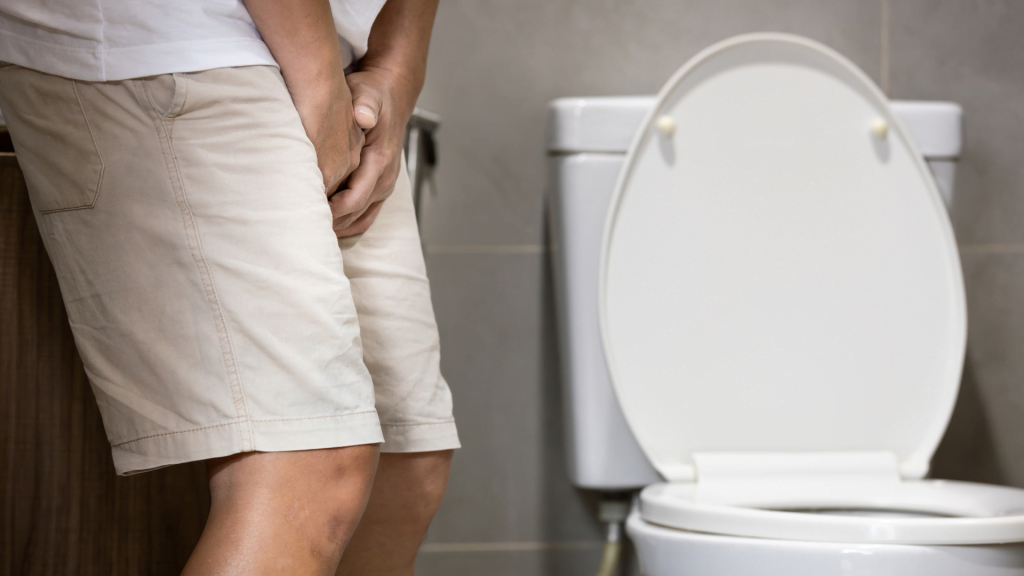Let’s face it – aging can throw some unexpected complexities our way, and one area frequently affected is our bladder health. Our bladder, the trusty organ responsible for storing and releasing urine, holds a pivotal place in our daily routines. But what happens when it begins to malfunction or disrupts our balance?
Join us as we explore the intricacies of bladder function, dive into the challenges it faces with aging, and unveil innovative approaches to keep it in prime condition.
Understanding Bladder Function
Before we delve deeper, let’s gain a clearer understanding of our bladder. Nestled in the lower abdomen, this hollow, muscular organ is tasked with holding urine until we’re ready for release. Capable of storing up to 2 cups of urine, it signals the brain when it’s time to let go via the urethra.
Factors That Impact Bladder Health
Bladder function can be influenced by an array of factors including age, gender, and overall health. As we age, our bladder muscles may weaken, leading to reduced capacity and more frequent bathroom visits. Women, with their shorter urethras, are more susceptible to urinary tract infections (UTIs) and other bladder problems. Conditions like diabetes and obesity can further aggravate these issues by putting additional pressure on the bladder.
Common Bladder Concerns in Older Adults
With age, the bladder might encounter a few hiccups. Here are some prevalent issues and their symptoms:
- Urinary Incontinence
Urinary Incontinence, characterized by involuntary urine leaks, can be a significant inconvenience. Weak bladder muscles, nerve problems, or an enlarged prostate in men are often underlying causes. Recognizing these factors can aid in effectively managing urinary incontinence.
- Urinary Tract Infections (UTIs)
Urinary Tract Infections (UTIs) occur when bacteria invade the urinary tract, causing symptoms such as burning sensations, frequent urination, and discolored urine. Treating UTIs usually involves antibiotics to clear the infection and restore bladder health.
- Overactive Bladder
An overactive bladder is marked by involuntary muscle contractions leading to sudden urges to urinate. Nerve-related issues, bladder irritation, and an enlarged prostate are common causes, and certain medications can worsen symptoms.
Achieving Bladder Balance
Now that we’ve identified common bladder issues, let’s explore methods to maintain its health:
- Stay Hydrated
Drinking ample water daily helps flush out toxins and supports bladder function. Aim for around 8 glasses (64 ounces) of water per day, or more depending on your activity level and climate.
- Limit Caffeine and Alcohol
Caffeine and alcohol can irritate the bladder and increase urine frequency. Limiting consumption of coffee, tea, sodas, and alcoholic beverages is beneficial.
- Adopt a Balanced Diet
Maintain a diet rich in fiber, vitamins, and minerals. Avoid spicy and acidic foods that might irritate the bladder.
- Maintain a Healthy Weight
Extra weight places stress on the bladder and pelvic floor muscles. Manage a healthy weight through balanced eating and regular physical activity.
- Engage in Pelvic Floor Exercises
Strengthening pelvic floor muscles can help mitigate urinary incontinence and enhance bladder control. Kegel exercises are a well-known method to strengthen these muscles.
- Empty Your Bladder Regularly
Avoid postponing bathroom trips. When you feel the need, go and attempt to fully empty your bladder each time. Holding urine for prolonged periods can lead to bladder problems. Pay attention to your body’s signals.
- Stay Physically Active
Regular exercise promotes overall health, including bladder health. Aim for at least 150 minutes of moderate-intensity activity each week.
A Healthy Bladder Equals a Happy You
In the grand narrative of health and well-being, a healthy bladder is fundamental to a happier life! As time goes on, be vigilant about changes in your bladder’s health. With these strategies and insights, you can keep your bladder in peak condition. With proper care and knowledge, you can embrace the golden moments of life and enjoy a vibrant, full life.
